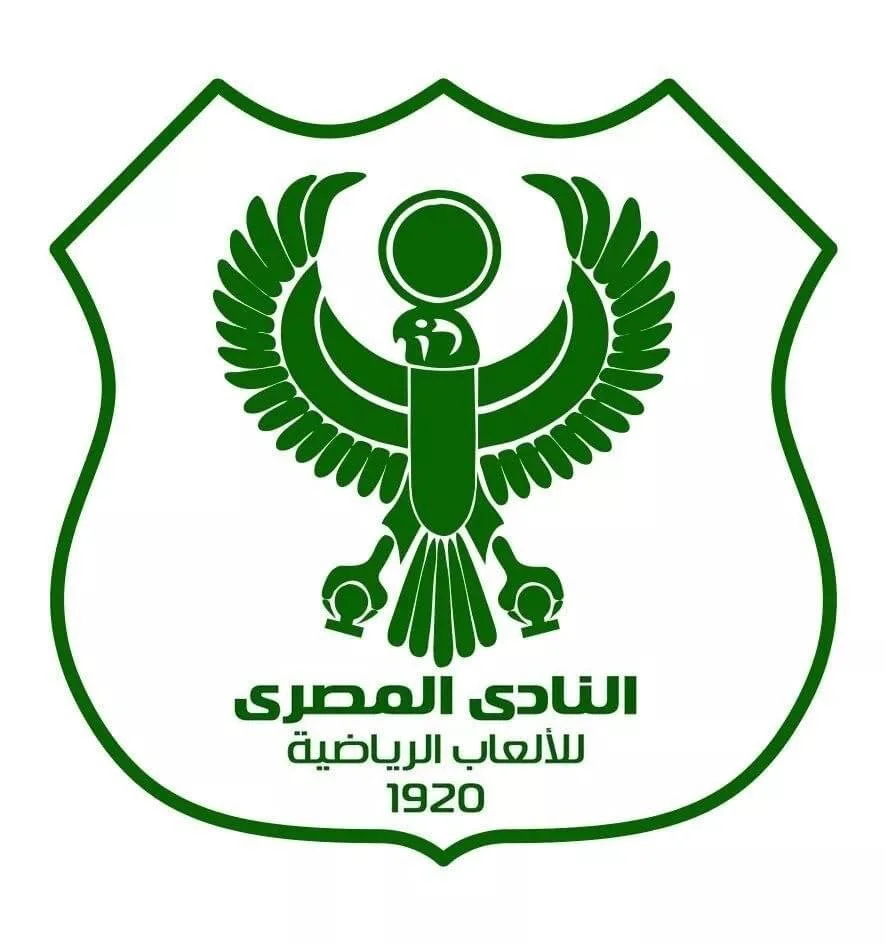Al-Masry of Port Said is in trouble.
Earlier this week the club announced through its social media platforms, that it is now welcoming donations from its fans. The club explained its plea for help as an attempt to survive financially and to be able to continue operating through to the restart of the Egyptian League on August 6th and beyond.
The announcement read: "Al-Masry Sports Club has the honour of inviting members of the House of Representatives from Port Said Governorate, businessmen and fans of the club to support the club financially under the current circumstances and the severe shortage of financial resources… especially since the first team is aiming to complete the Egyptian league competition.
"The club's board of directors announces an open-door policy for donations to support the club, by communicating with the CEO, and in light of the specific procedures in this regard".
A decision of a club to reach out to its fans in a mission to save their beloved football team portrays a beautiful act of solidarity and true fandom, does it not? That may well be. But the Al-Masry case could be an early indication of another phenomenon that has the potential to spread through African and global football as an outcome of the pandemic circumstances.
Since 2014, when the Egyptian league restarted after a two-year hiatus as a result of the Port Said disaster, matches have taken place behind closed doors. In 2012, 72 Al-Ahly fans and two Egyptian policemen lost their lives in an infamous post-match incident between Al-Masry and Al-Ahly fanatics, that was heavily related to the Egyptian revolution taking place at the same time.
Shortly after the restart, in early 2015, another disaster took place, this time at the June 30 Stadium in Cairo. In a match between Zamalek and ENPPI, twenty of the White Knights' fans died in a stampede. That tragic incident put a definitive end to the hopes of seeing the Egyptian league return to its glory days with fans packed into the terraces.
Over the past few years, there have been some minor attempts at hosting a minimal number of fans at matches, usually for games that are unlikely to witness a dangerous rise in the fans' "temperature".
The result has been very problematic. For Egyptian clubs not competing in the continental African tournaments, there is no income from matchday ticket sales or season tickets, leaving them dependent on Egyptian TV rights deals as their sole income source.
This unhealthy and fragile situation that has somehow managed to survive for six years has been put to a serious test during the coronavirus forced break of games. Without TV broadcasts of their matches, Egyptian teams other than the wealthy and well-connected Al-Ahly or Zamalek, simply lack the financial oxygen to operate and function as professional football clubs.
Al-Masry is one of the biggest clubs in Egypt. Despite having won only one Egyptian cup and numerous titles in the first part of the 20th century, their rivalry with Al-Ahly, the club of the people, is a cornerstone of the Egyptian league. Al-Masry is identified with the Egyptian establishment, the military and police, as well as intensely linked to the image of Hosni Mubarak, Egypt's eminent and long-standing president who died earlier this year.
According to Cairo based website KingFut, the Egyptian Football Association has declared August 6th 2020 as the D-Day for domestic football to return from the coronavirus break. Given that the number of COVID-19 cases is now on the rise in the country, this target date still seems a long way away.
It will be interesting to see how many clubs will turn up for the games and in what financial condition. Moreover, it will be fascinating to see if Al-Masry can raise a significant amount of funds from their fans and set an example for other clubs facing similar difficulties in Egypt, in Africa and maybe the world. Otherwise, it might be just an 'early bird' example of how football clubs will be begging for help from their supporters to survive.



